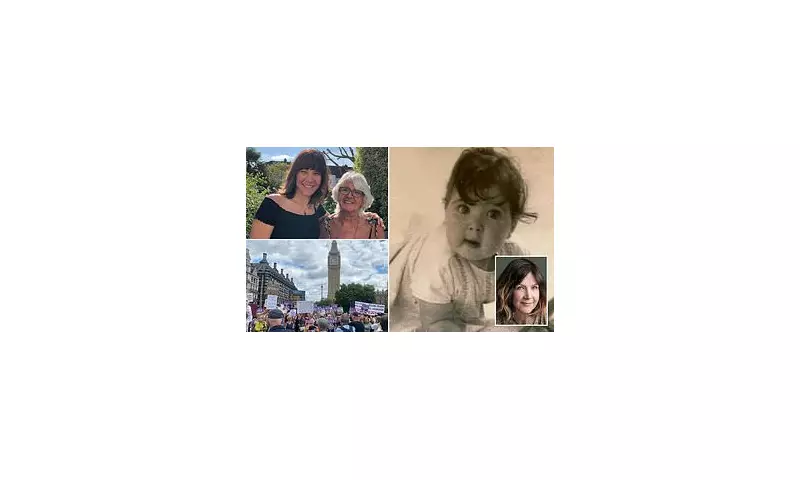
The spectre of a decades-long, state-sanctioned practice that tore newborns from their mothers' arms continues to haunt Britain. A profound investigation has unearthed the harrowing truth behind the forced adoption of hundreds of thousands of babies from unmarried women, a policy that left a legacy of unimaginable grief and trauma.
Throughout the 1950s, 60s, and 70s, young pregnant women, often hidden away in austere mother-and-baby homes to avoid societal shame, faced immense pressure from families, religious institutions, and social services. They were systematically coerced into signing adoption papers, their consent obtained under duress and without being informed of their legal rights.
A Life Sentence of Grief
For the mothers, the moment their child was taken was not a conclusion but the beginning of a life sentence. Many describe it as a "living bereavement," a wound that never healed. They were expected to simply return home and carry on, their pain and loss silenced and invalidated by a judgmental society.
One mother recounts the haunting memory of her newborn's cry echoing down the hospital corridor, a sound that has tormented her for over fifty years. Another speaks of being heavily sedated during labour, only to wake and be told her baby was gone, the adoption papers already signed.
The Search for Truth and Reconciliation
Now, in their later years, these women are breaking their silence. Driven by a desperate need for answers and reconciliation, many have embarked on painful journeys to find the children they were forced to relinquish. These reunions are often bittersweet, fraught with complex emotions and the lingering pain of decades lost.
Campaign groups and MPs are increasingly vocal, demanding a formal government apology for the "systemic, shameful practices" that ruined countless lives. They argue that acknowledging this dark chapter in British social history is a crucial step toward justice and healing for the families forever fractured by these policies.
This is not merely a historical footnote; it is a stark reminder of the profound and lasting damage caused by institutional prejudice against unmarried mothers. Their stories are a powerful testament to a mother's love and a fight for recognition that continues to this day.





